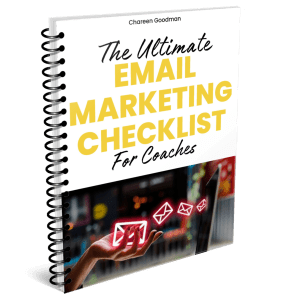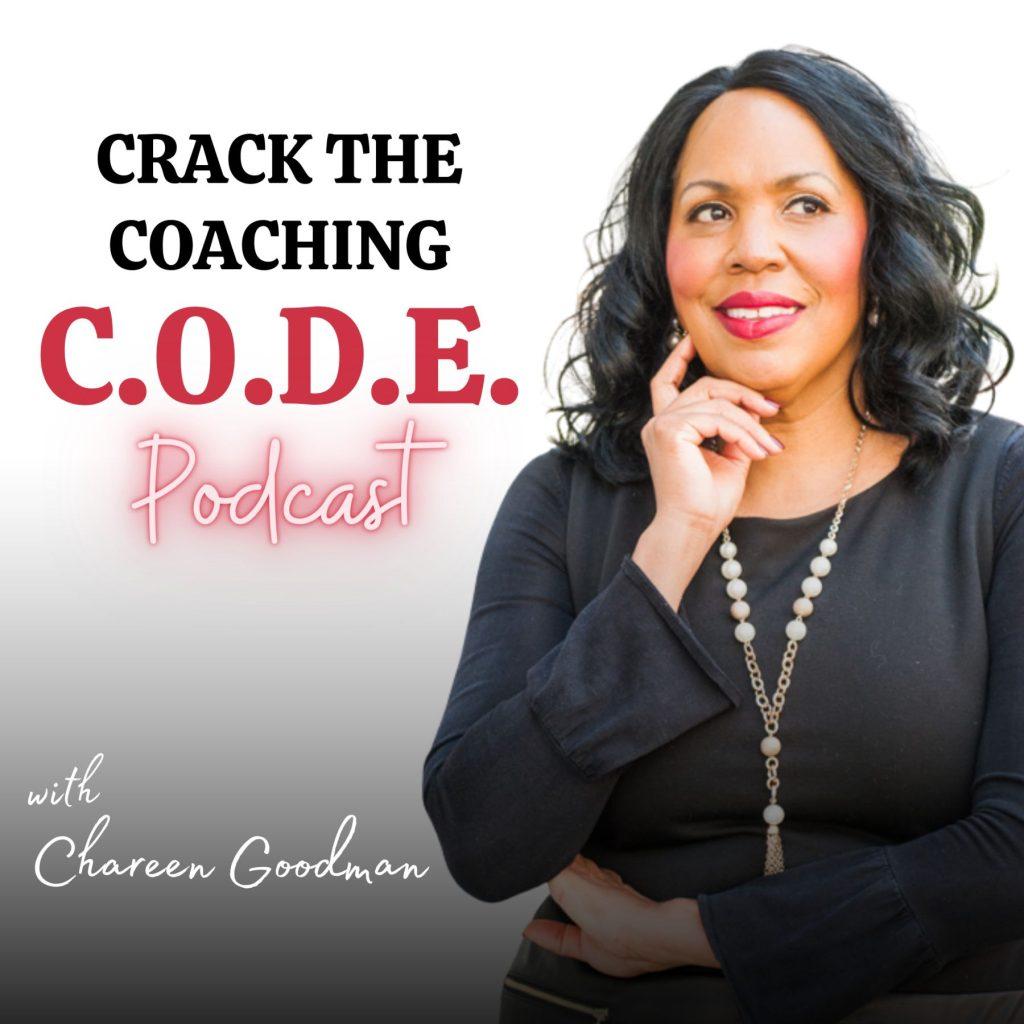The Power of Email Marketing for Coaching Businesses
Why you should use email marketing as part of your coaching business growth strategy.
Email marketing has been around for quite some time, yet it remains a powerful and effective tool for coaching businesses of all sizes, including solo coaches.
Despite the rise of social media and other digital marketing channels, email marketing still delivers a strong ROI and is a preferred method for connecting with your potential clients.
99% of email users check their inbox every day, with some checking 20 times a day.
OptinMonster, 2020
Don’t you want people to see and read your emails? If your email message reaches their inbox, there’s a high probability they’re going to see it.
In this post, we’ll explore why email marketing is such a valuable tool for coaches and how it can benefit your coaching business, regardless of its size. Too, I’ll give you a few tips for creating effective email marketing campaigns.
Now let’s dig in!
Why Email Marketing is Important
With so many digital marketing channels available these days, it’s too easy to overlook the value of email marketing. But the truth is, email marketing still remains an essential tool and marketing strategy for businesses of all sizes, particularly for coaches.
Here are a few reasons why, I say this:
👉 High ROI
One of the most significant benefits of email marketing is its ability to deliver a high ROI.
Email marketing delivers an average ROI of 42:1, meaning for every $1 spent on email marketing, businesses can expect to earn $42 in return.
According to a recent study by DMA
👉 Targeted Audience
Email marketing allows coaches to target specific audiences with tailored messages.
With the right email segmentation, you can divide your email list into different groups based on where they are along their buyer journey, demographics, behavior, interests, and so much more.
This allows you to create personalized messages that resonate with each group and improve your chances of conversion.
👉 Cost-Effective
Email marketing is also a cost-effective way to reach your audience. Compared to other marketing channels, email does not require a significant investment in terms of time and money.
Email marketing can fast become the engine behind the growth and success of your business.
Chareen Goodman, Business Coach
Once you set up your email marketing engine, as I like to describe it, you can set it on autopilot.
Many email marketing platforms offer affordable plans that allow businesses of all sizes to create and send professional-looking emails.
👉 Builds Relationships
Email marketing can also help coaches build stronger relationships with their audience. By sending relevant content and personalized messages, coaches can establish trust and credibility with their subscribers.
This can lead to increased loyalty, better sales, and repeat business over time.
Tips for Creating Effective Email Campaigns
Now that we’ve explored why email marketing is so essential as part of your digital marketing strategy, let’s take a look at some tips for creating effective email campaigns:
1. Know Your Audience
Before you create any email campaign, it’s essential to understand your audience.
- Who are they?
- What are their interests and pain points?
- What motivates them to take action?
When you understand your audience, you can create messages that resonate with them and improve your chances of engagement and conversion.
2. Use a Clear and Compelling Subject Line
Your subject line is the first thing your subscribers will see, so make them impactful. Let’s face it, your subject line can make or break your email campaign’s success.
Use clear and compelling subject lines that grab your subscribers’ attention and entice them to open your email.
This right here requires continual application of the 3T’s… Try. Test. Tweak.
3. Provide Value
Your email content should provide value to your subscribers. This could be anything ranging from exclusive offers for your services, helpful tips, or even relevant industry news.
By providing as much value as you possibly can, you are well on your way to establishing trust and credibility with your audience, which over time will improve your chances of conversion.
4. Use Strong Calls-to-Action (CTAs)
Your email should have at least one strong call-to-action (CTA). This could be a button, link, or image that encourages your subscribers to take some sort of action after reading your content, such as making a purchase or signing up for a discovery call.
Make sure your CTA is clear, concise, and easy to find.
5. Test and Refine
Finally, it’s essential to test and refine your email campaigns continually. Nothing works perfectly right out of the gate.
Experiment with different subject lines, content, and CTAs to see what works best for your audience.
Use the data and analytics from your email service provider to track your campaigns’ success and make adjustments accordingly.
It’s a Wrap
OK my friend that’s a wrap.
Now, despite what you may hear on all the social channels out there, email marketing remains a powerful and effective tool for coaching businesses of all sizes, including solo coaches.
With its high ROI, targeted audience, cost-effectiveness, and relationship-building potential, email marketing should be a part of your online digital marketing strategy.
When you apply the tips outlined in this post, you can create effective email campaigns that engage your audience and drive results.
💛
A Free Gift
The Ultimate Email Marketing Checklist for Coaches is here to help you get started with email marketing or improve your current email marketing approach.
This comprehensive checklist is designed specifically for coaches. By using The Ultimate Email Marketing Checklist for Coaches, you’ll be able to create emails that resonate with your target audience, build stronger relationships with your subscribers, and ultimately grow your coaching business by converting your subscribers into clients.
Download the checklist today and start using it to fine-tune your email marketing campaigns.
- Your LinkedIn Isn’t Broken, But Your Authority Brand Is - May 3, 2025
- The Power of Clarity Through the 1-1-1-1 Strategy for High-Ticket Coaches - January 1, 2025
- From LinkedIn Presence to LinkedIn Authority in 2025 - December 28, 2024












